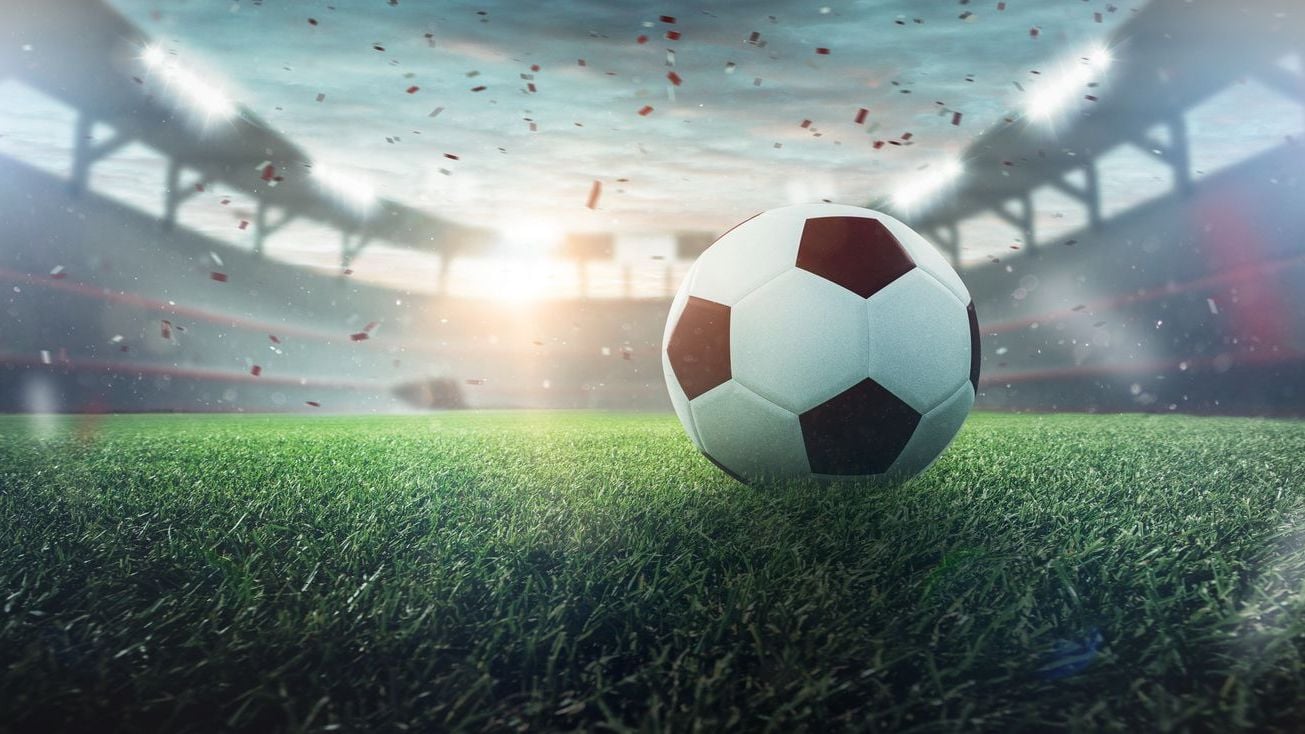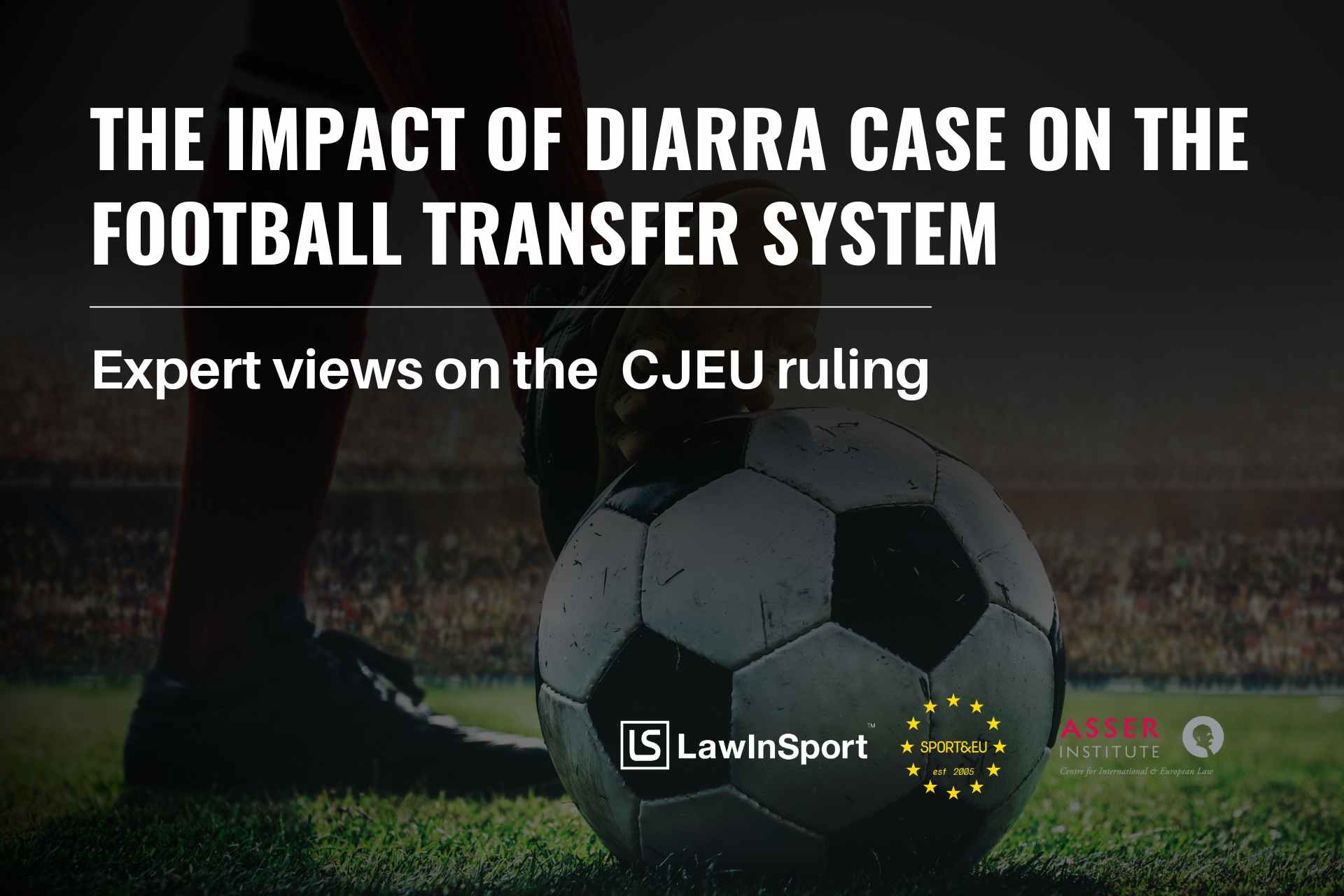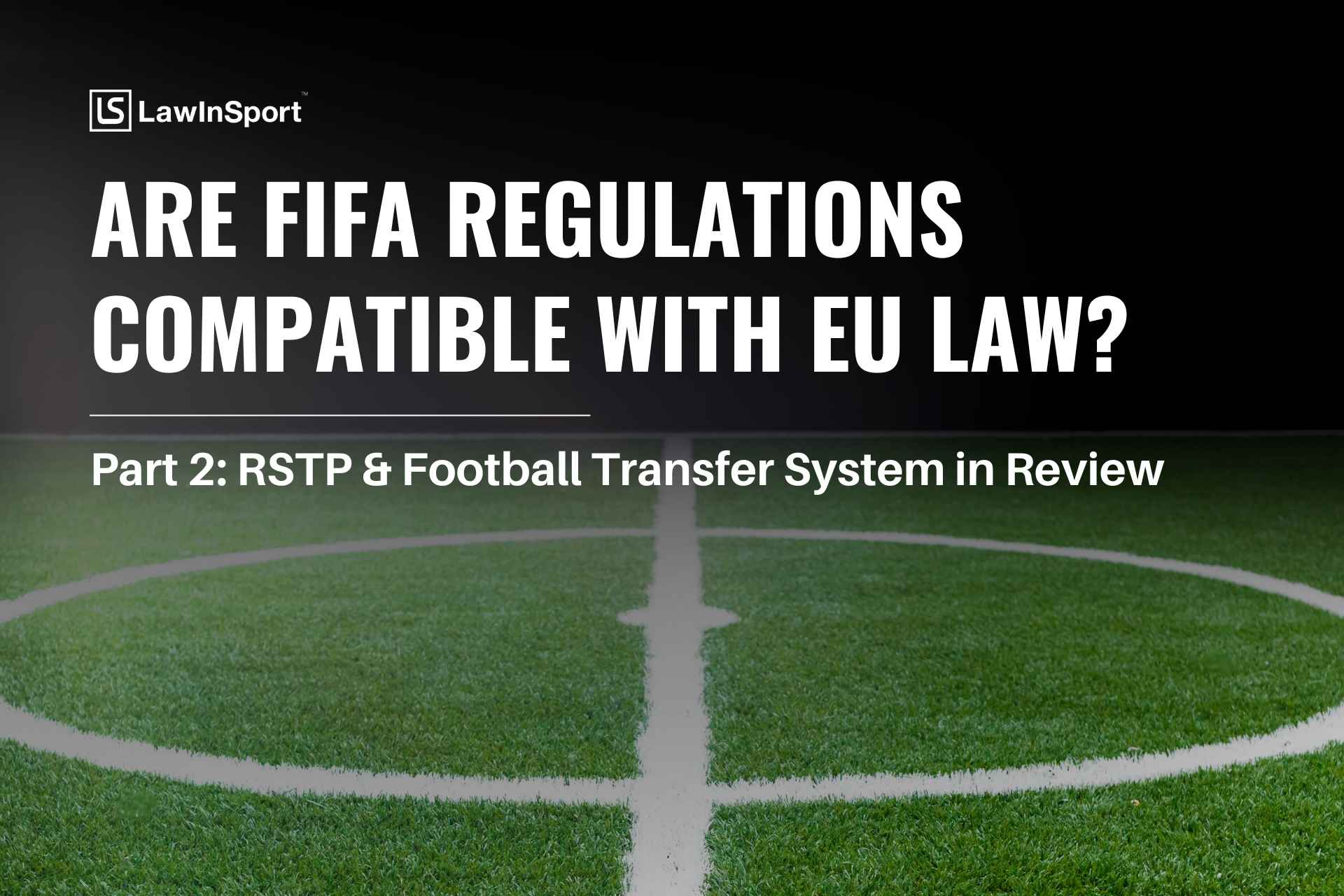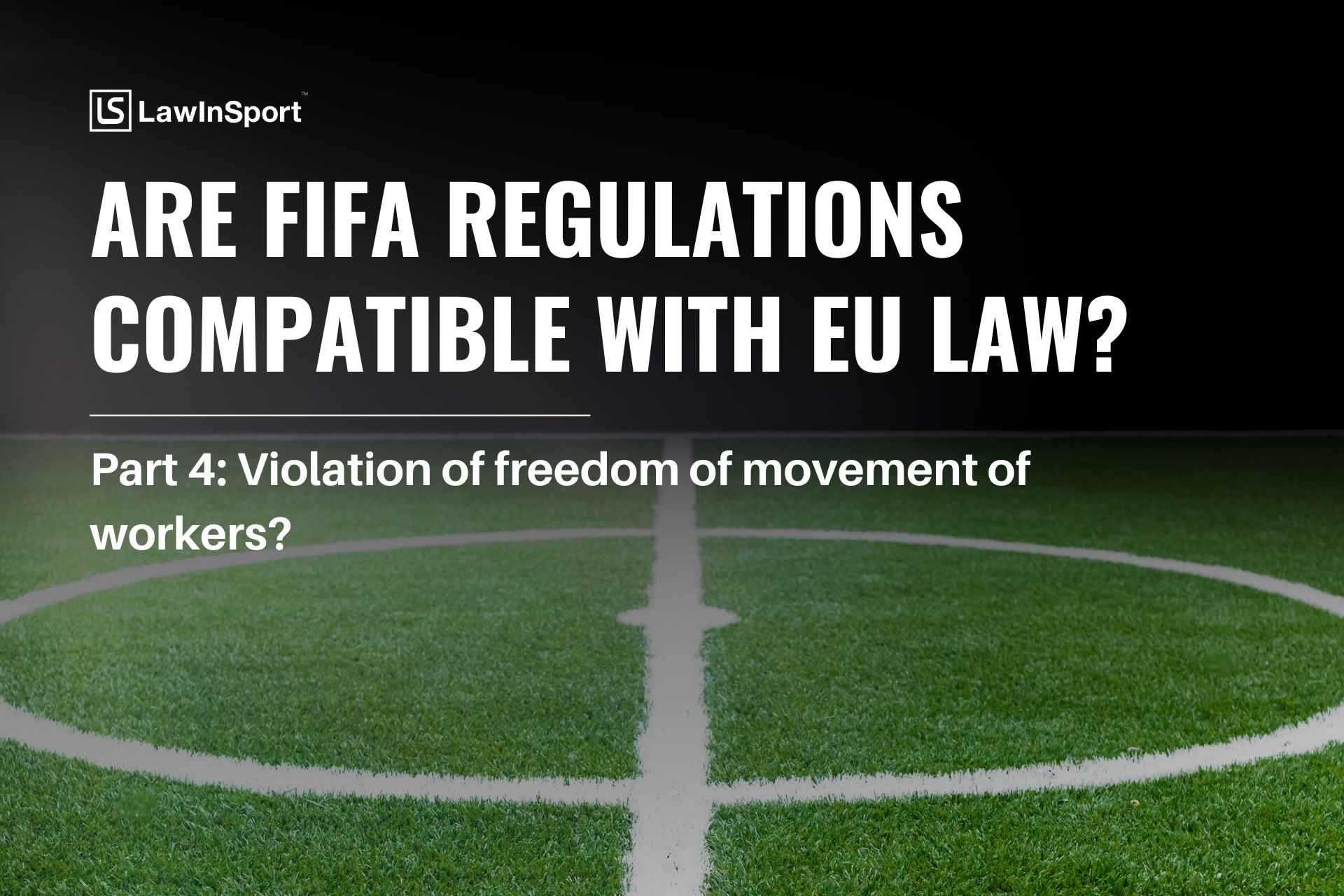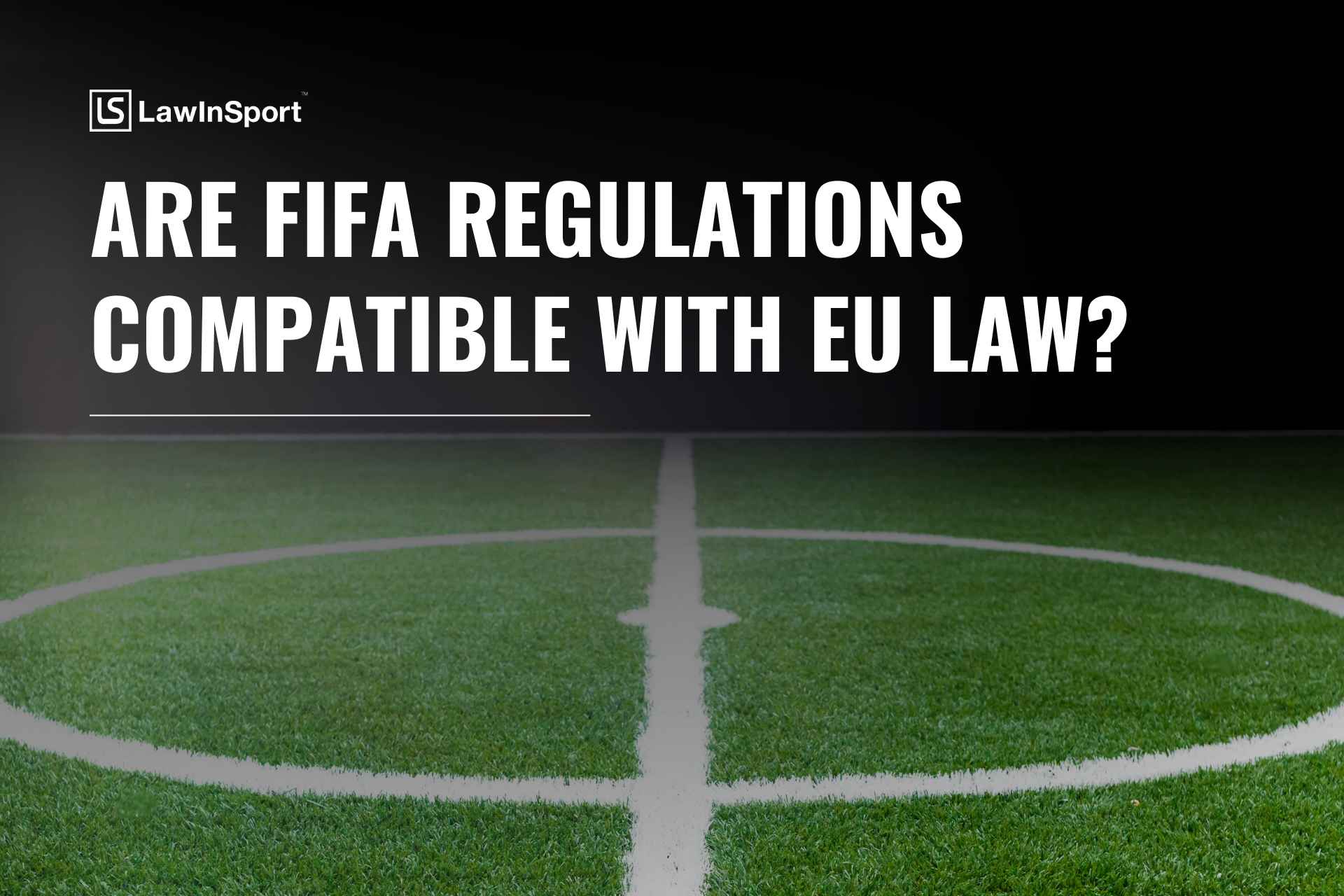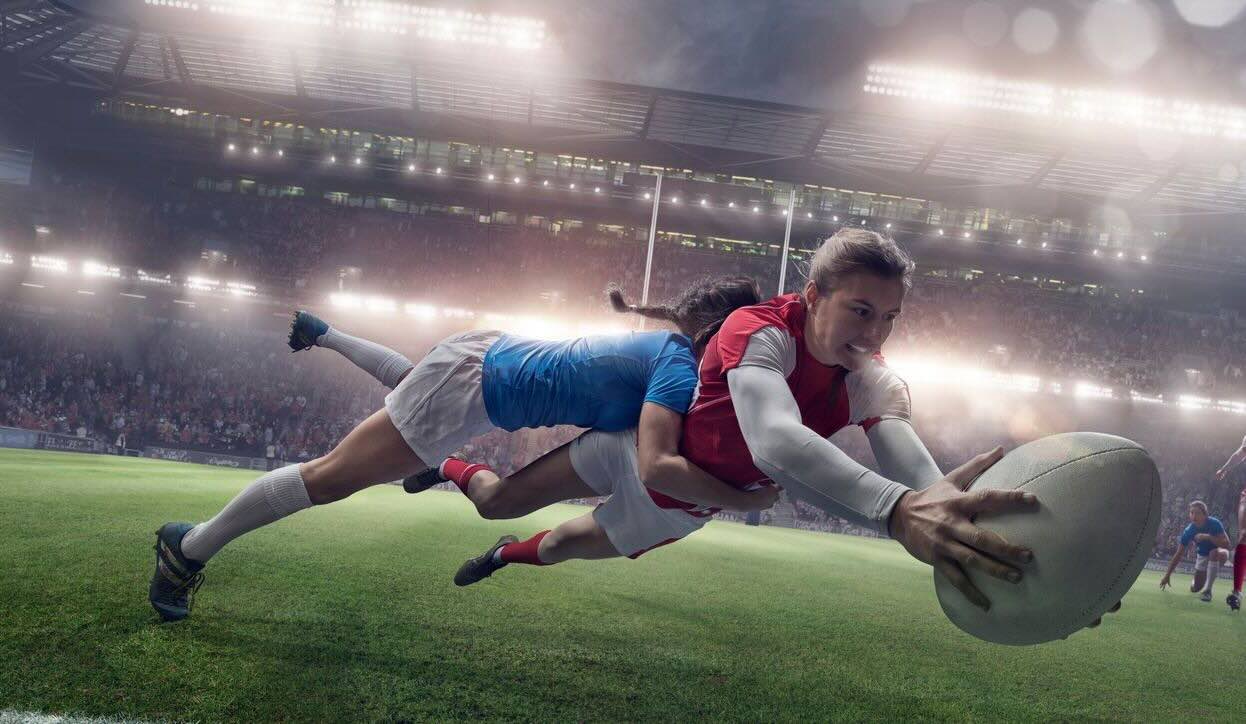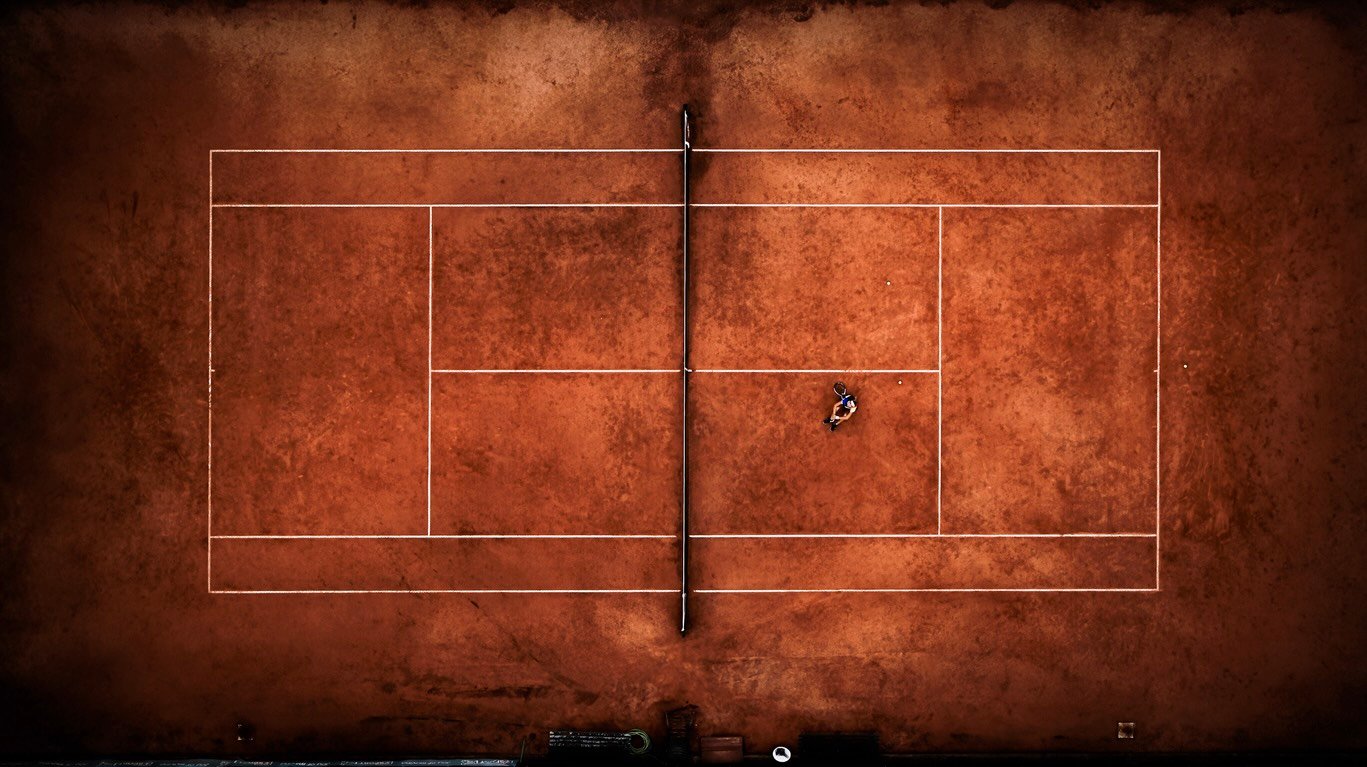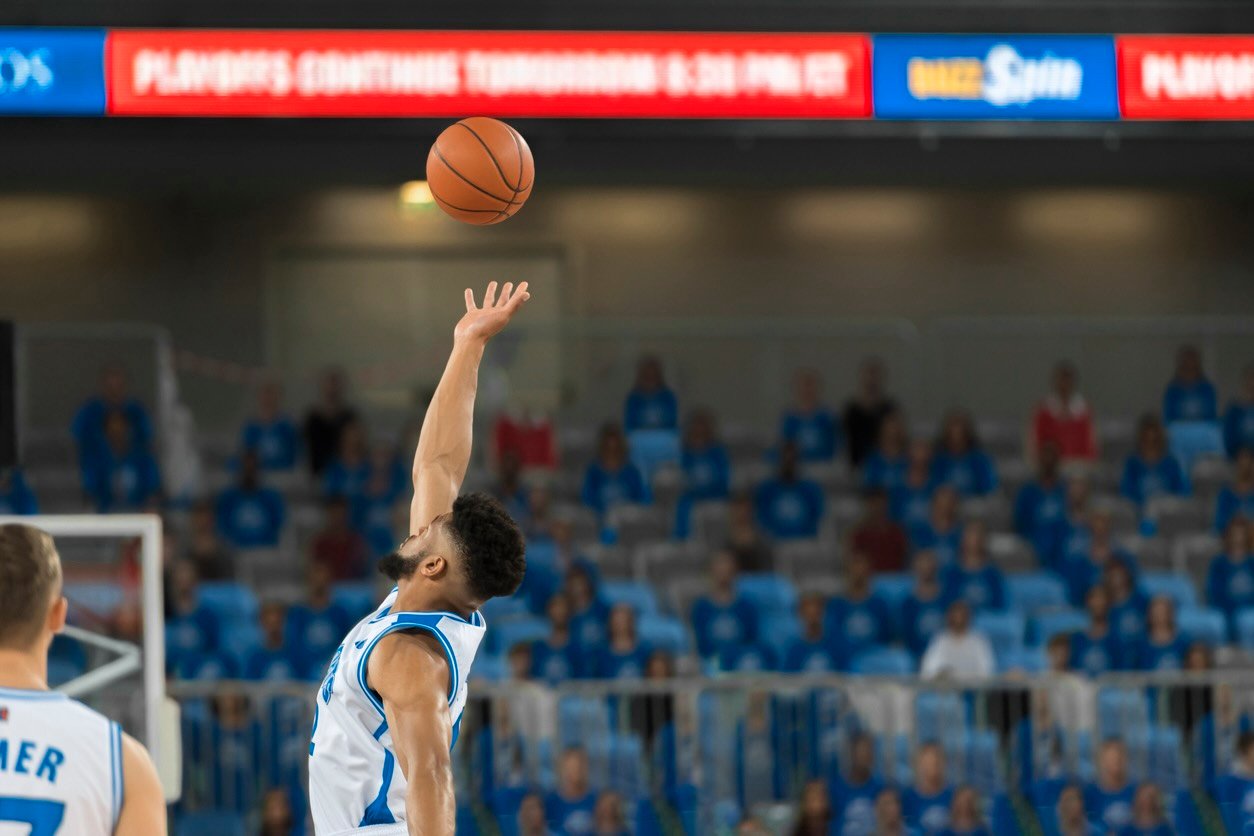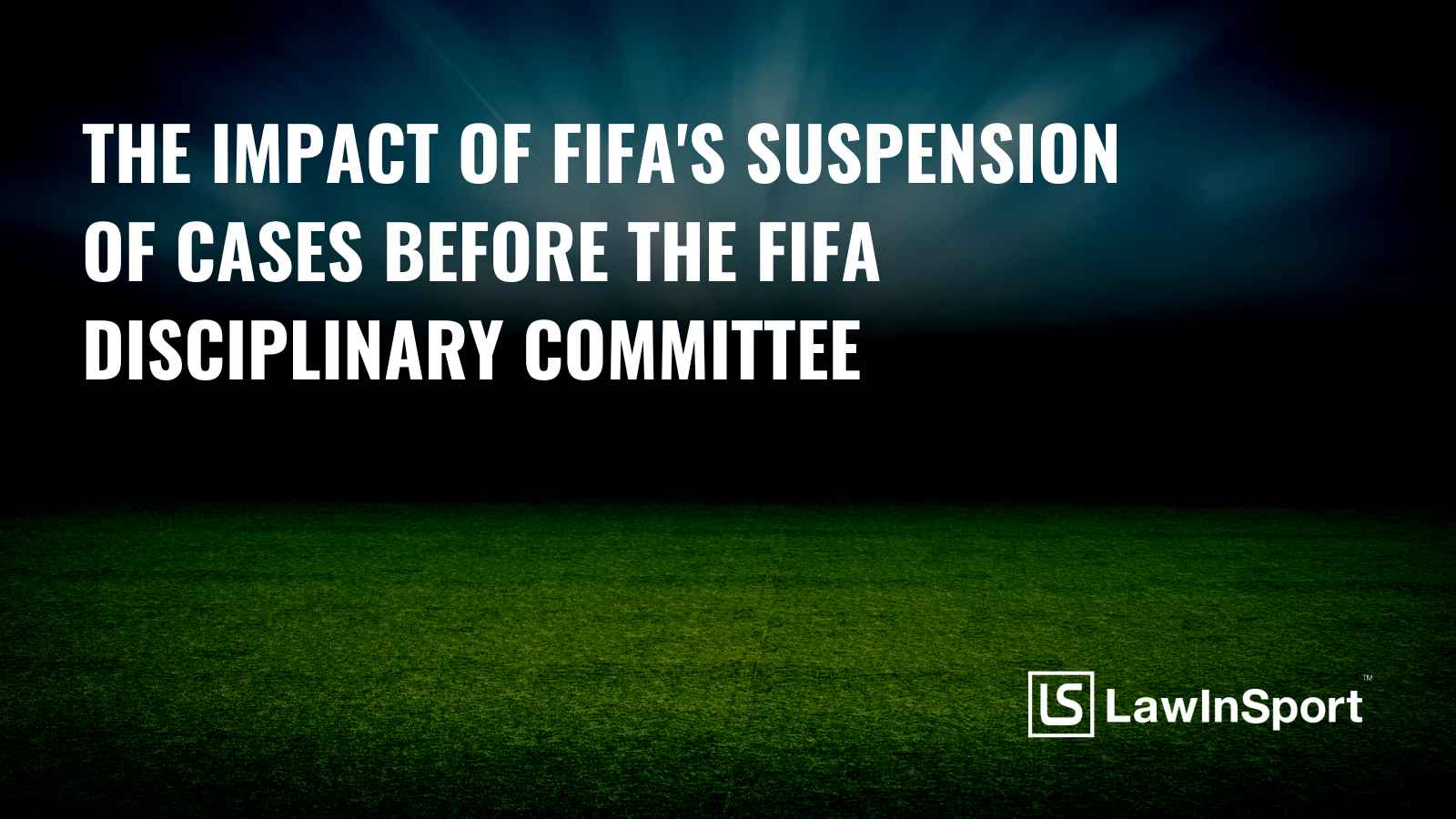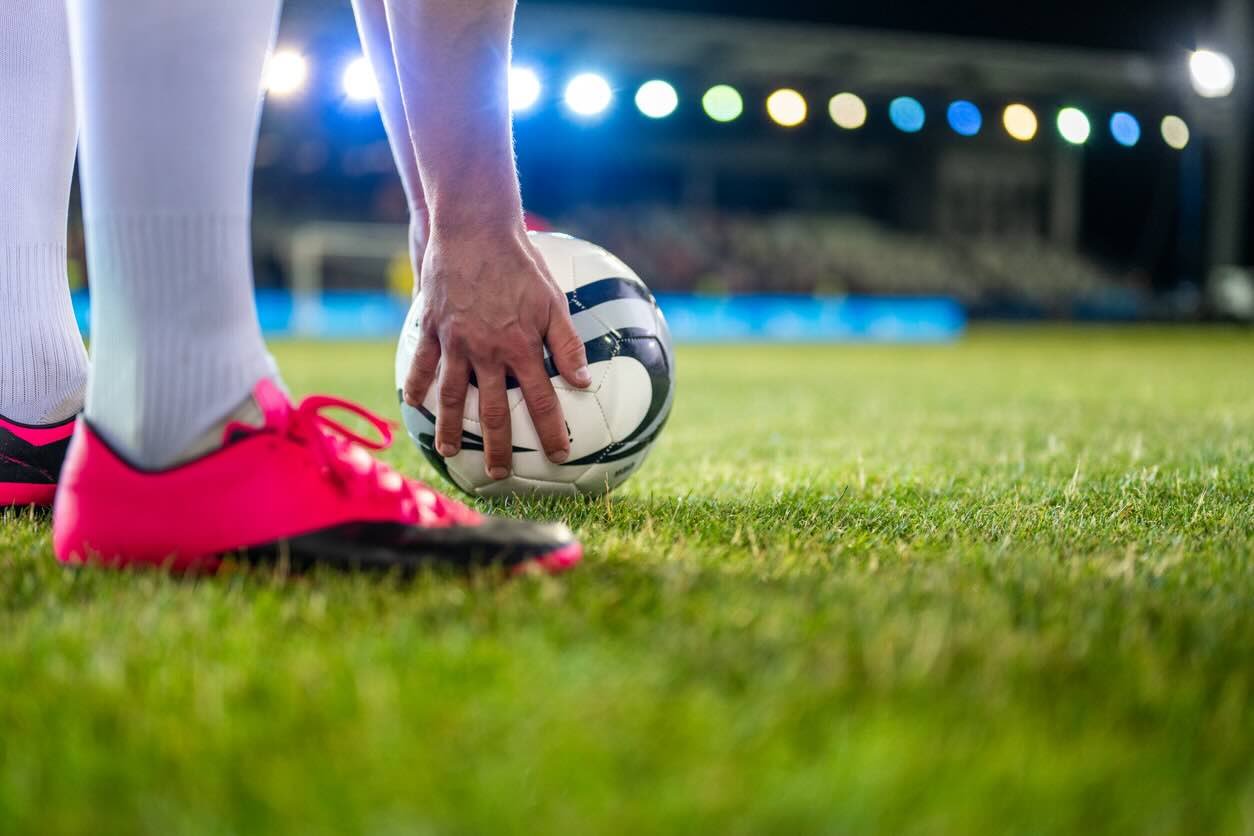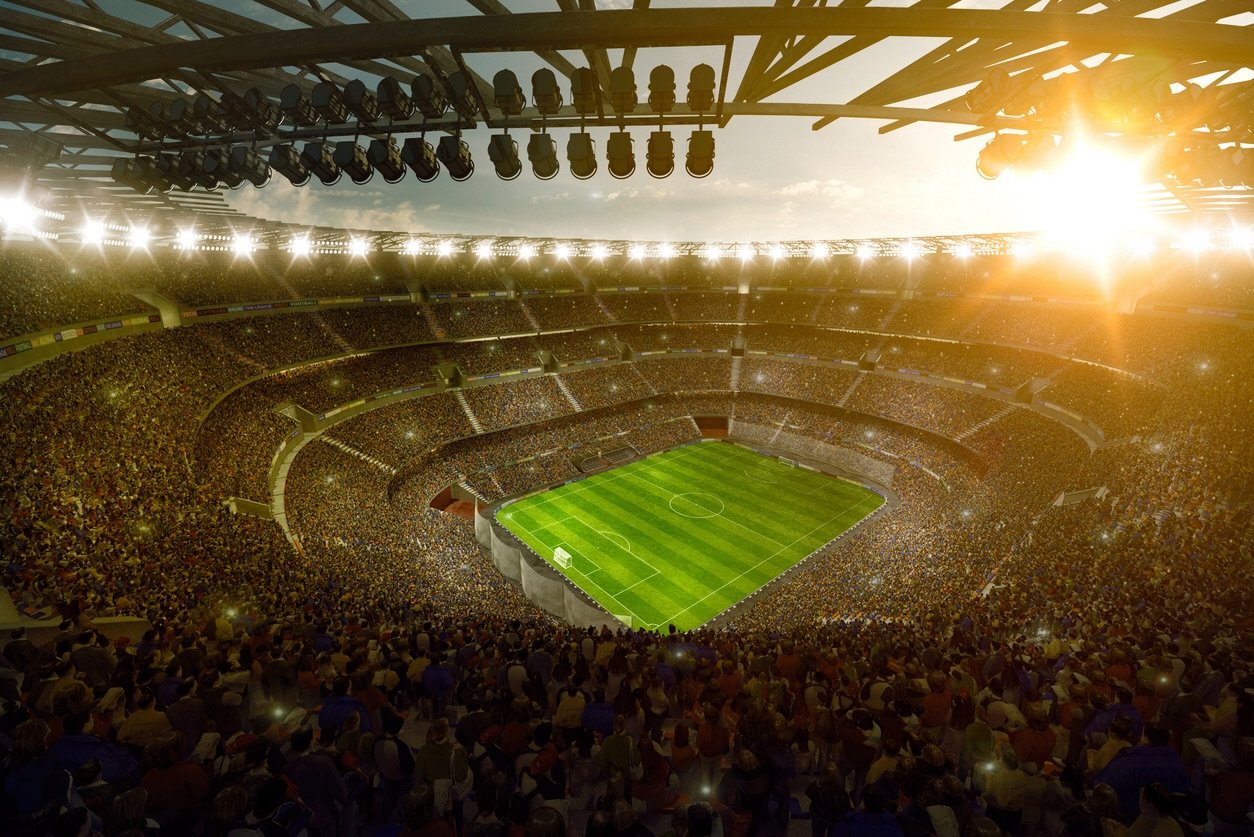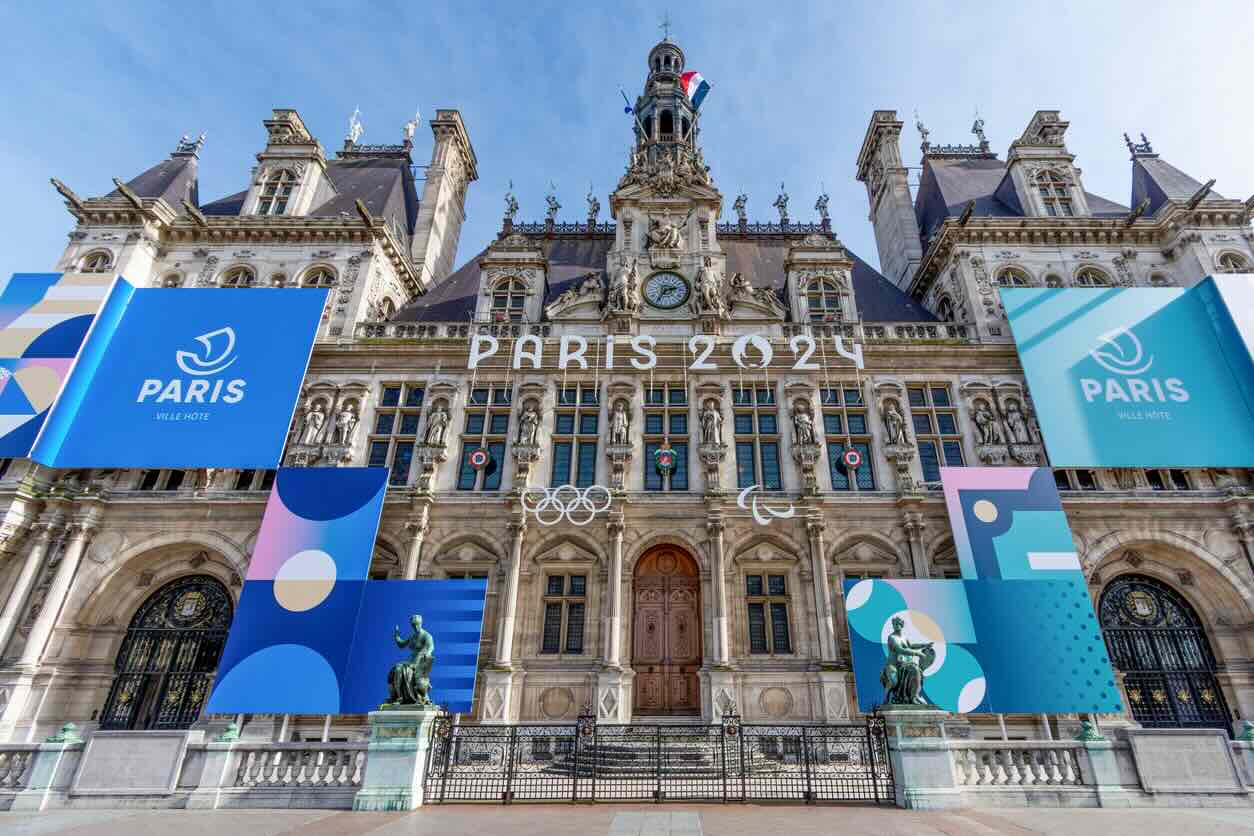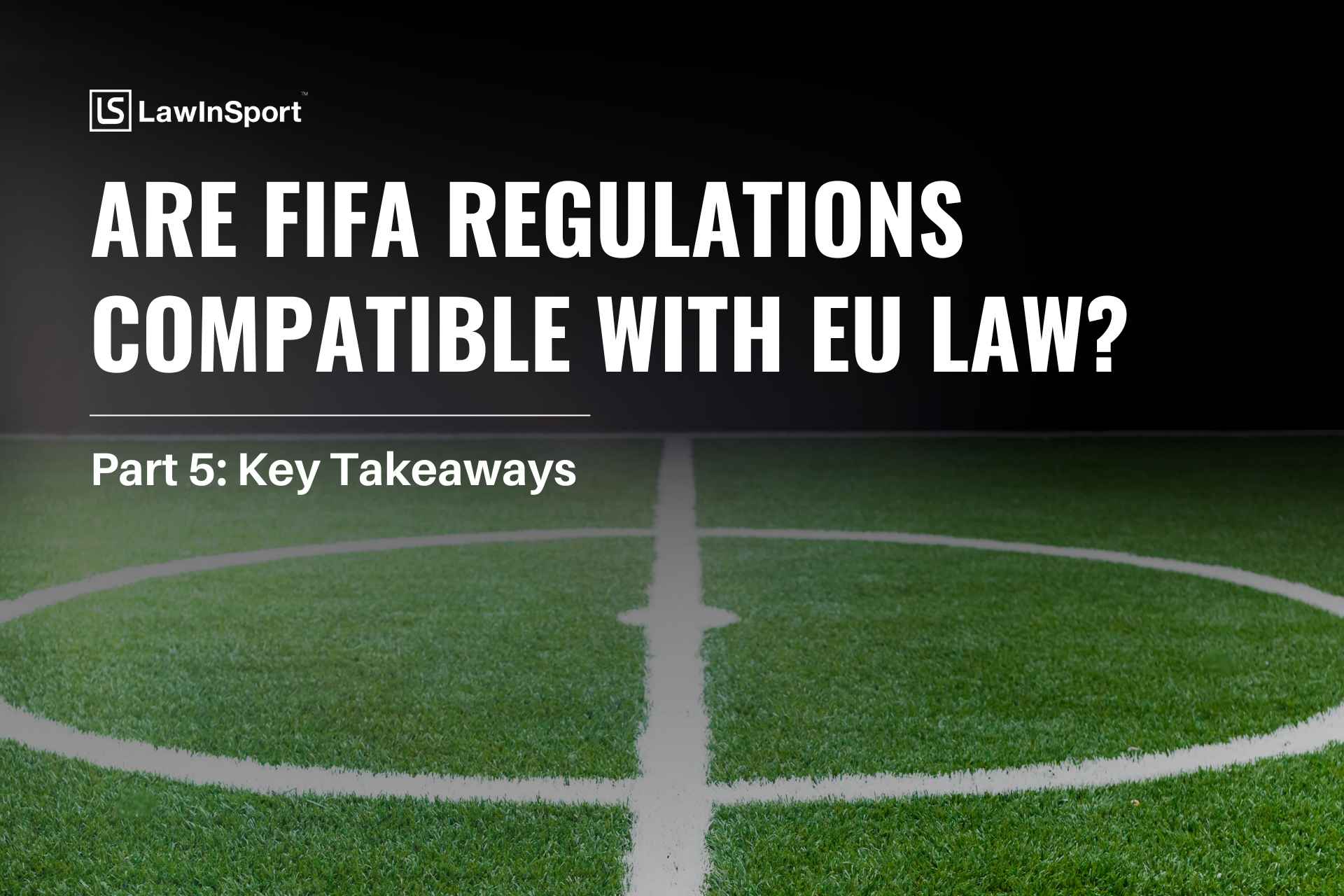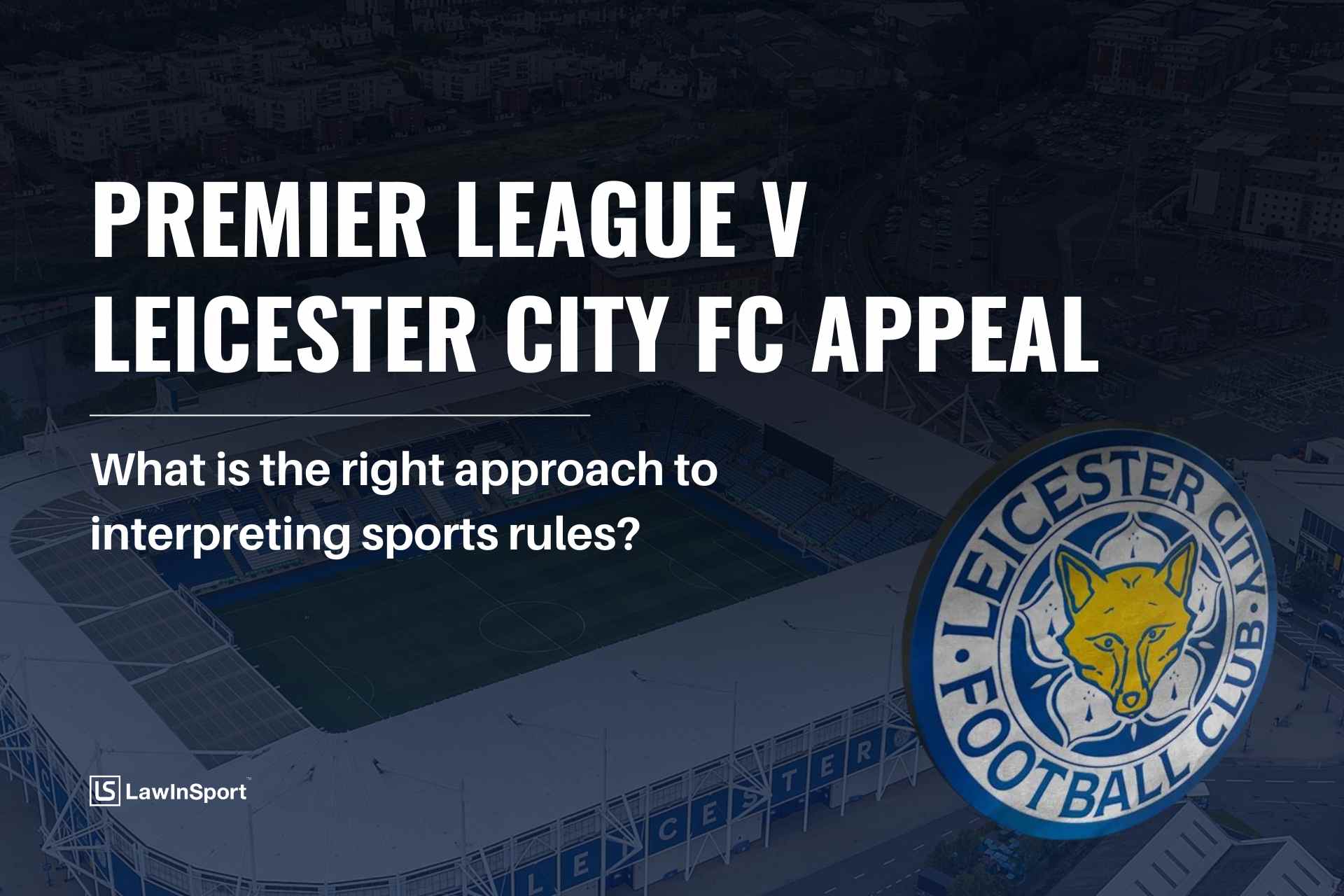Top 10 Tips for Sports Organisations & Tournament Organisers on Implementing Anti-Corruption Policies
Published Thursday, 03 April 2025.
How the UK’s rugby and football concussion litigation is impacting the sports insurance market
Published Friday, 21 March 2025.
When should a CAS award be final on issues of EU law? The AG’s Opinion in Seraing v FIFA
Published Friday, 28 February 2025.
Right to withhold pay vs ready, willing and able to work – lessons from Mendy v. Manchester City Employment Tribunal Decision
Published Friday, 21 February 2025.
Future-proofing esports: a look ahead to the key legal issues facing the esports industry
Published Friday, 07 February 2025.
How athlete personality/image rights are applied in India (Part 2)
Published Friday, 17 January 2025.
Jannik Sinner doping case: Lessons from first instance decision
Published Wednesday, 15 January 2025.
What’s happening with Dani Olmo? A legal analysis of the registration dispute between FC Barcelona, LaLiga and RFEF
Published Friday, 10 January 2025.
Boundaries of freedom of speech in sport: Lessons from recent CAS Decision (Tymoshchuk v. UAF)
Published Friday, 20 December 2024.
Olympic ambitions and legal transitions: India's sporting landscape in 2024
Published Friday, 20 December 2024.
Why sports tribunals should embrace public hearings
Published Wednesday, 18 December 2024.
FC Barcelona v UEFA: Guidance from CAS decision on accounting treatment of sale of media rights under UEFA’s financial regulations
Published Friday, 22 November 2024.
Lawyer for 40 UK gymnasts shares insights into the difficulties in addressing allegations of abuse
Published Friday, 08 November 2024.
The impact of the Diarra case on the football transfer system – Key takeaways
Published Friday, 25 October 2024.
A guide to the commercial arbitral institutions increasingly used for sports disputes
Published Thursday, 03 October 2024.
‘Nobody asks the players’: Why FIFPRO are challenging FIFA’s international match calendar and expanded Club World Cup
Published Tuesday, 24 September 2024.
Competition Authorisation Rules: UEFA chooses Ireland as alternative seat for CAS arbitration
Published Friday, 20 September 2024.
Battle lines drawn: Florida State University’s continuing withdrawal lawsuit against Atlantic Coast Conference
Published Thursday, 19 September 2024.
Advocate General questions whether FIFA Regulations are compliant with EU Law: RSTP & football transfer system in review (Part 2)
Published Wednesday, 11 September 2024.
Advocate General questions whether FIFA Regulations are compliant with EU Law: Violation of freedom of movement of workers? (Part 4)
Published Wednesday, 11 September 2024.
Advocate General questions whether FIFA Regulations are compliant with EU Law
Published Wednesday, 11 September 2024.
English contract law and football: Lessons from Appeal Board’s decision in the Leicester City case
Published Friday, 06 September 2024.
How to deal with UK pension assets if divorcing abroad: A guide for international athletes
Published Tuesday, 03 September 2024.
A silk’s story: what it’s like to experience and officiate at the Paris 2024 Olympics
Published Wednesday, 14 August 2024.
The importance of procedural rigour: ESIC find team Astralis’ emergency substitution brought tournament into disrepute
Published Wednesday, 09 April 2025.
Can Sporting Succession Exist Without Club Dissolution? Lessons from a recent CAS decision (CAS 2023/A/9809)
Published Tuesday, 25 March 2025.
The battle continues - Implications of the latest decision in Manchester City's challenge to the Premier League's APT rules
Published Thursday, 20 March 2025.
Politics, Tennis & the Ukraine War - Suspension of membership appealed (Belarus Tennis Federation v ITF)
Published Friday, 28 February 2025.
Jurisdiction in CAS appeals: Why procedural compliance and naming the right party matters?
Published Monday, 10 February 2025.
Who’s the greatest No. 8? The importance of creativity in athlete brand building & trademark registration
Published Friday, 31 January 2025.
How athlete personality/image rights are applied in India (Part 1)
Published Friday, 17 January 2025.
F1 at a crossroads? FIA and Liberty Media’s battle for pole position on commercial rights
Published Tuesday, 14 January 2025.
Basketball Arbitral Tribunal Arbitration Rules 2025: What’s changed?
Published Friday, 10 January 2025.
The impact of FIFA's suspension of cases before the FIFA Disciplinary Committee - Key Takeaways
Published Friday, 20 December 2024.
The Swiss Federal Tribunal’s key sports law judgments of 2024
Published Thursday, 19 December 2024.
Part-time officials, full-time implications – Analysis of the HMRC v PGMOL cases
Published Tuesday, 03 December 2024.
Transforming Transfers? How the CJEU reconsidered FIFA’s Transfer Rules in the Diarra case
Published Friday, 22 November 2024.
How are legal costs recovered in Premier League disciplinary proceedings? Reviewing guidance of Appeal Board in the Everton case
Published Thursday, 31 October 2024.
How to avoid expensive construction disputes in sport: Lessons from key cases
Published Friday, 25 October 2024.
A summary of CAS Ad Hoc decisions at the Paris 2024 Summer Olympic Games
Published Wednesday, 25 September 2024.
How to challenge a CAS award at the Swiss Federal Supreme Court: A guide for athletes & sports organisations
Published Friday, 20 September 2024.
How to value football players? Lessons from Newell’s Old Boys v AS Roma CAS Decision
Published Thursday, 19 September 2024.
Advocate General questions whether FIFA Regulations are compliant with EU Law: Legal & factual context (Part 1)
Published Wednesday, 11 September 2024.
Advocate General questions whether FIFA Regulations are compliant with EU Law: Are they restrictive of competition? (Part 3)
Published Wednesday, 11 September 2024.
cAdvocate General questions whether FIFA Regulations are compliant with EU Law: Key takeaways (Part 5)
Published Wednesday, 11 September 2024.
Balancing act: CAS challenges and the 'field of play' doctrine in Olympic gymnastics (Chiles & Maneca-Voinea cases)
Published Friday, 06 September 2024.
Premier League v Leicester City FC appeal: What is the right approach to interpreting sports rules?
Published Thursday, 05 September 2024.
Navigating dispute resolution for technical directors in football
Published Tuesday, 27 August 2024.
Guidance on PSR Rules from Premier League’s Independent Commission in Leicester City’s case
Published Friday, 09 August 2024.




